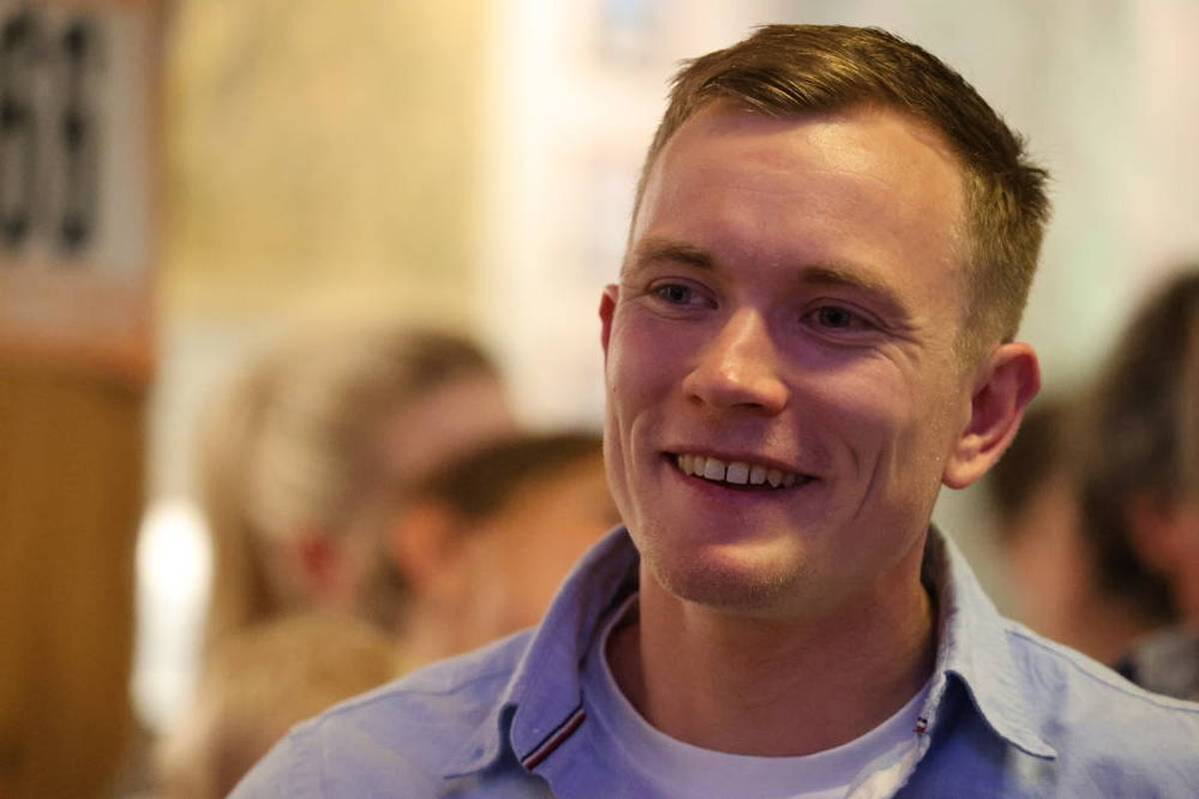
The final instance makes a decision in the doping case of Evgeny Ustyugov. The German team is eyeing Olympic gold.
For the German biathletes around Arnd Peiffer and Erik Lesser, the retroactive relay gold medal is a big step closer, eleven years after the Olympic Winter Games in Sochi. The Swiss Federal Supreme Court, as the last instance, has rejected the appeal of the former Russian athlete Evgeny Ustyugov.
With the final judgment of the Swiss Federal Supreme Court, the International Olympic Committee (IOC) can now decide on a reallocation of medals at the Olympic Winter Games 2010 and 2014.
The German quartet with Peiffer, Lesser, Daniel Böhm and Simon Schempp are eyeing retroactive gold for 2014. In Sochi, the DSV team finished second with a gap of only 3.5 seconds behind Russia and Ustyugov and won silver.
Genetic Anomaly in Ustyugov?
At the 2010 Olympics in Vancouver, Ustyugov won gold in the mass start and bronze with the relay, here too there could be a redistribution of medals. Even if one regrets that it “took a long time” to reach a decision, Greg McKenna, as head of the Biathlon Integrity Unit, said that “the verdict reaffirms the principle that doping violations are uncovered and sanctioned, no matter how complex the procedure may be.”
In October 2020, the CAS suspended Ustyugov, who had retired in 2014 after winning relay gold. The International Court of Arbitration for Sport saw it as proven that the Russian is guilty of a doping offense due to abnormalities in his biological blood passport.
Ustyugov’s lawyers had argued before the CAS that the too high hemoglobin levels in their client were due to a genetic anomaly that his parents already possessed.